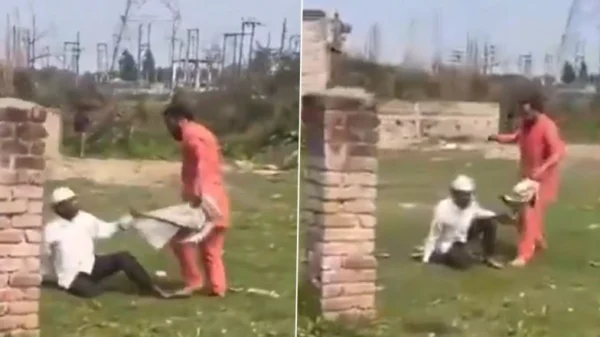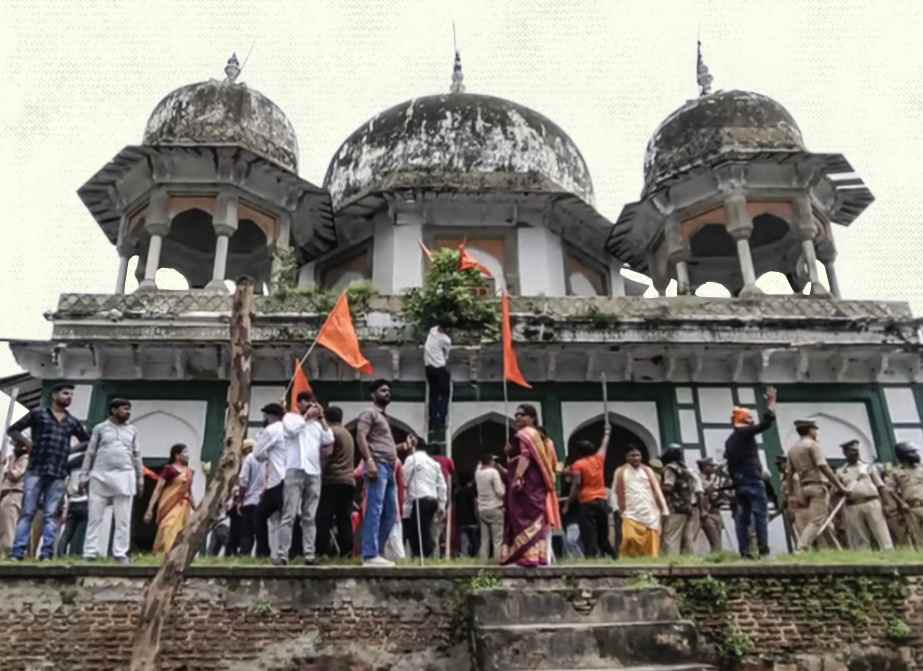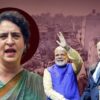Between June and August 2025, India recorded 141 incidents of hate crimes and 102 cases of hate speech, according to the latest Hate Crime Tracker published by the Association for the Protection of Civil Rights (APCR). The report warns of a deepening crisis for religious minorities in the country, particularly Muslims and Christians, who continue to face mob attacks, harassment, and assaults on places of worship.
“Mob violence, intimidation, and attacks on religious sites are no longer isolated incidents—they have become routine,” the report said. It added that such violence “not only threatens the immediate safety of minorities but also erodes their confidence in living openly and practicing their faith.”
Out of the 141 hate crimes, Uttar Pradesh reported the highest number with 36 cases, followed by Chhattisgarh with 17 and Maharashtra with 14. Most incidents involved intimidation and harassment, with 41 cases of physical assault and 31 attacks on property. Seven Muslims were lynched to death during this three-month period. The report also documented 19 attacks on mosques, churches, and shrines.
One of the cases highlighted was the assault on Muslim cattle traders by BJP members in Durgapur, West Bengal on July 31. In another incident, a Christian church in Chhattisgarh’s Kanker district was attacked over the burial of a Christian man on July 28.
The report also noted that mobs were involved in 115 of the hate crime incidents, often forcing victims to chant religious slogans or endure public humiliation. Women, children, and even elderly people were among those harmed, though men made up the majority of the victims. In total, 462 individuals were targeted: 370 Muslims, 86 Christians, and 6 Hindus.
The findings also raised concerns about the role of political groups and state actors. Bajrang Dal was linked to 26 incidents, Vishwa Hindu Parishad to 16, and BJP members to 12. Police and other authorities were found complicit in at least 20 cases.
Despite the scale of violence, legal action has been rare. Only 22 of the 141 hate crimes led to the filing of FIRs. “At the very least, this represents a critical failure of law and order, if not outright complicity,” the report stated.
Hate speech was also described as “increasingly normalized in Indian politics.” Of the 102 reported incidents, 92 targeted Muslims, six targeted Christians, and four targeted both groups. Most speeches were delivered at rallies and public gatherings, with 70 of them made by BJP leaders. Right-wing groups like the Vishwa Hindu Parishad and Bajrang Dal were also frequently involved.
The hate speech often invoked stereotypes about “jihad” or “infiltration” and many speeches directly called for violence. Yet, out of 102 incidents, only four resulted in FIRs being filed.
The APCR said that the unchecked spread of hate speech and repeated attacks on minority communities “legitimize discriminatory attitudes and make hatred and exclusion routine rather than exceptional.” It warned that India’s secular fabric was at risk of “irreparable damage” unless urgent action is taken.



























































